August 31, 2025 | 05:59 GMT +7
August 31, 2025 | 05:59 GMT +7
Hotline: 0913.378.918
August 31, 2025 | 05:59 GMT +7
Hotline: 0913.378.918
Every year, Missouri farmers lose millions of dollars in valuable nutrients that wash away into rivers and lakes. These nutrients—nitrates and phosphates found in fertilizers—are crucial for plant growth, but they wreak havoc on aquatic life when they end up in waterways.
University of Missouri researcher Matthias Young believes he's found a way to keep the nutrients on land where they belong. He's developing a technique that could lead to new types of sensors to help farmers better measure nitrates and phosphates in the soil, allowing them to use fertilizers more efficiently.
"Nitrates and phosphates released into waterways cause algae blooms that kill fish and hurt tourism in waterfront communities," said Young, an assistant professor of chemical engineering with a joint appointment in chemistry in Mizzou's College of Arts and Science. "Not only that, but farmers don't want nitrates and phosphates washing off their fields. Based on data from the Environmental Protection Agency and the United States Department of Agriculture, an estimated $100 million of fertilizer is wasted every year in Missouri alone. This work helps fish, wildlife, tourism and farmers."
While his team is still working out some kinks, Young's research shows promise for a faster, more reliable and cost-effective way to measure ions such as nitrates in the soil.
That's important because if nitrate levels are low, plants won't get the nutrients they need to grow. But if they're too high, adding more fertilizer is wasteful because excess nitrates will run off into waterways.
Existing devices, known as ion-selective electrodes, can measure nitrates and phosphates, but they're costly and imprecise. One current method requires farmers to collect soil samples and send them to a lab for analysis, which is slow and only represents a small patch of land. Labs have access to more sophisticated sensors that rely on special molecules to bind to and measure ions, but these molecules can run about $10,000 per gram.
"Farmers are deciding how much fertilizer to deliver, but they're making decisions based on limited information," Young said. "Even the expensive sensors have to be recalibrated frequently, meaning they can't be left in the field."
Young's new design changes the way information is collected.
He and his team are devising a sensor that measures how quickly ions move through a membrane, rather than how strongly they bind to it. Using a pulsed electrical current, these devices are more sensitive and reliable.
Young is consulting with Missouri farmers as he makes progress in hopes of commercializing sensors that are inexpensive and practical.
"We're developing handheld sensors to collect measurements in real-time, as well as sensors that can be installed in the field," Young said. "They're not yet ready to deploy, as we're still having some challenges, but it is offering a new path forward."
He recently outlined his findings in ACS Omega. Co-authors were Ryan Gettler, Shima Mehregan, Henry Koeing and Andie Kaess.
(Phys)

(VAN) Researchers have discovered that replacing 50g/kg maize with a 50:50 mix of pineapple and orange peels could offer poultry producers a sustainable feed option.
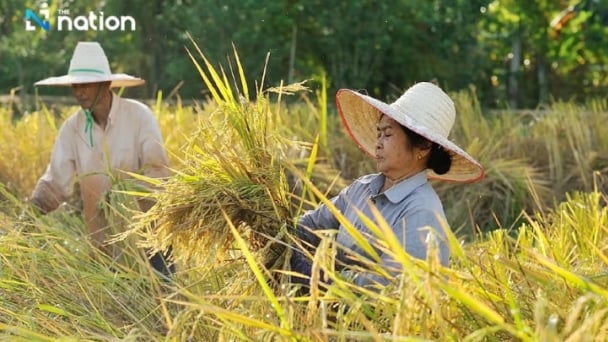
(VAN) Global rice markets are bracing for turbulence after reports that India, the world’s largest rice exporter, is preparing to release around 20 million tonnes of stockpiled rice in September.
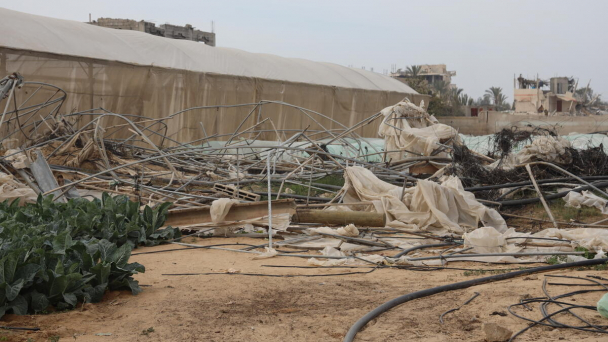
(VAN) FAO, UNICEF, WFP and WHO reiterate call for immediate ceasefire and unhindered humanitarian access to curb deaths from hunger and malnutrition.
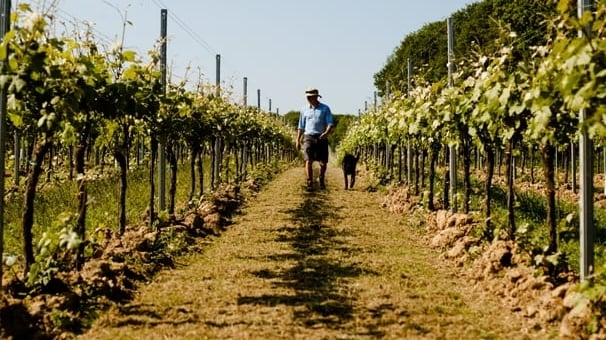
(VAN) As wildfires rage in southern Europe and crop losses only set to increase in the coming years, producers are getting creative to beat the heat.
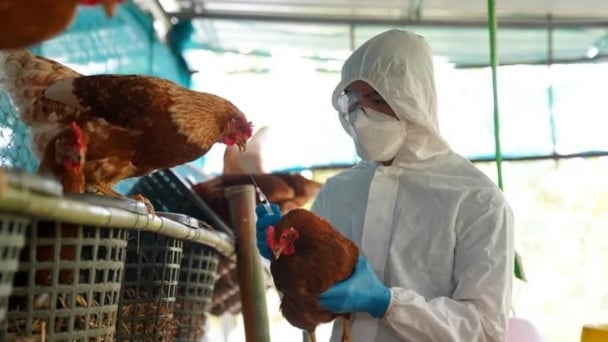
(VAN) A new outbreak of highly pathogenic avian influenza (HPAI) has been confirmed by Argentinian authorities at a layer farm in Buenos Aires, Argentina.
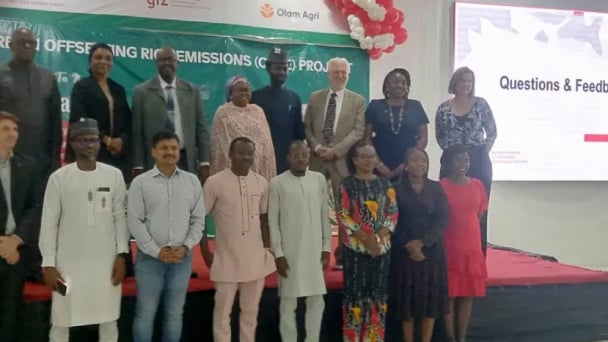
(VAN) The German Government has inaugurated the Carbon Offsetting Rice Emissions (CORE) Project to support 12,000 smallholder farmers in climate-smart rice production across Benue, Nasarawa, and Kano States.
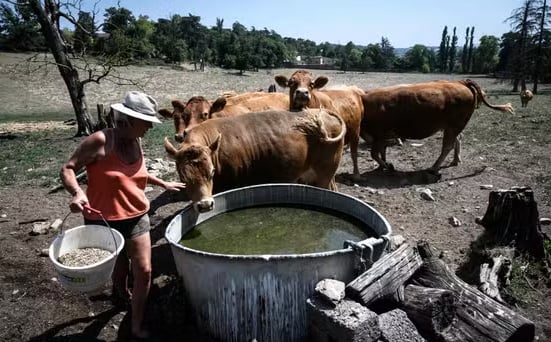
(VAN) Orchardists, winegrowers and livestock farmers fear the negative impact of the current heatwave on their production.